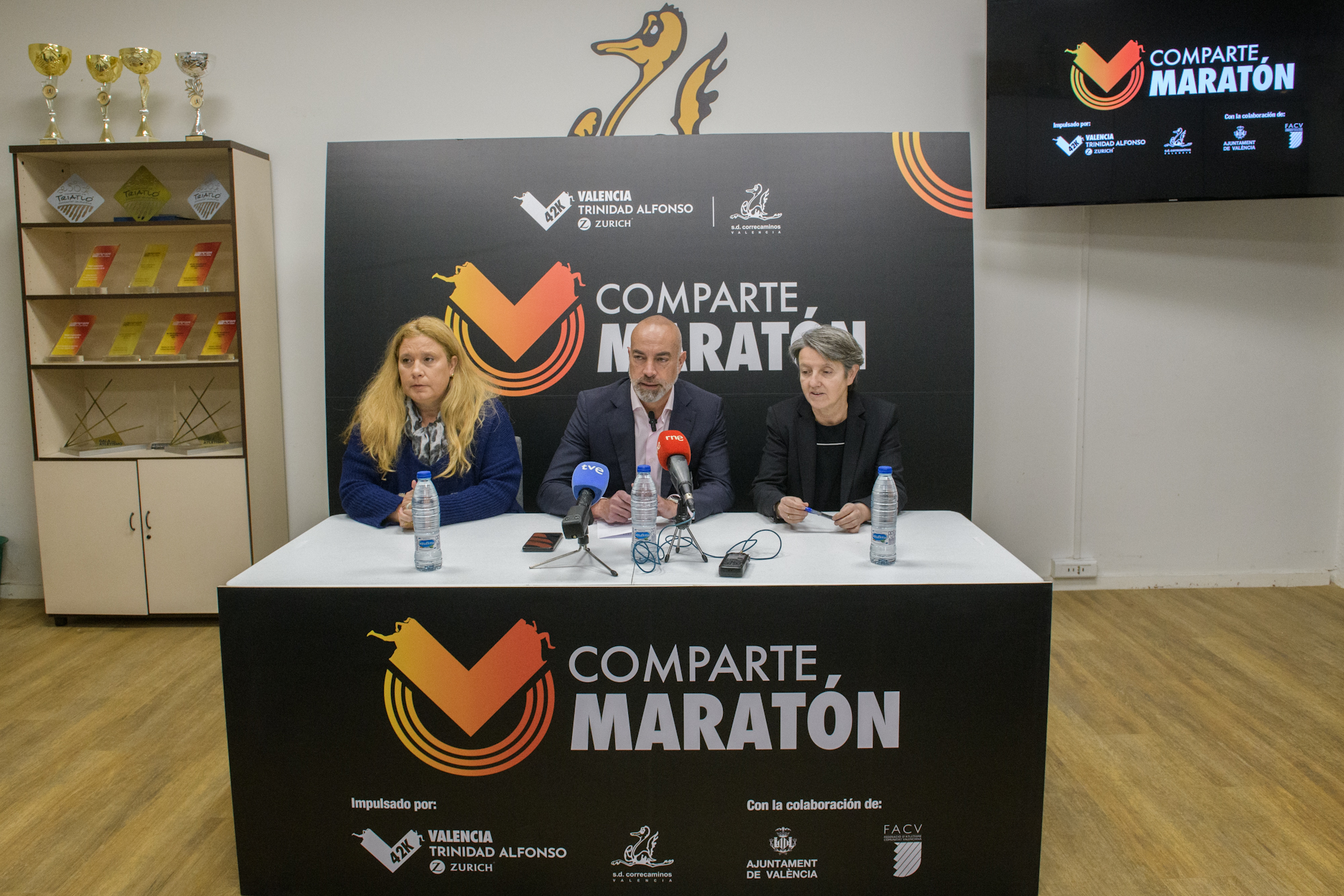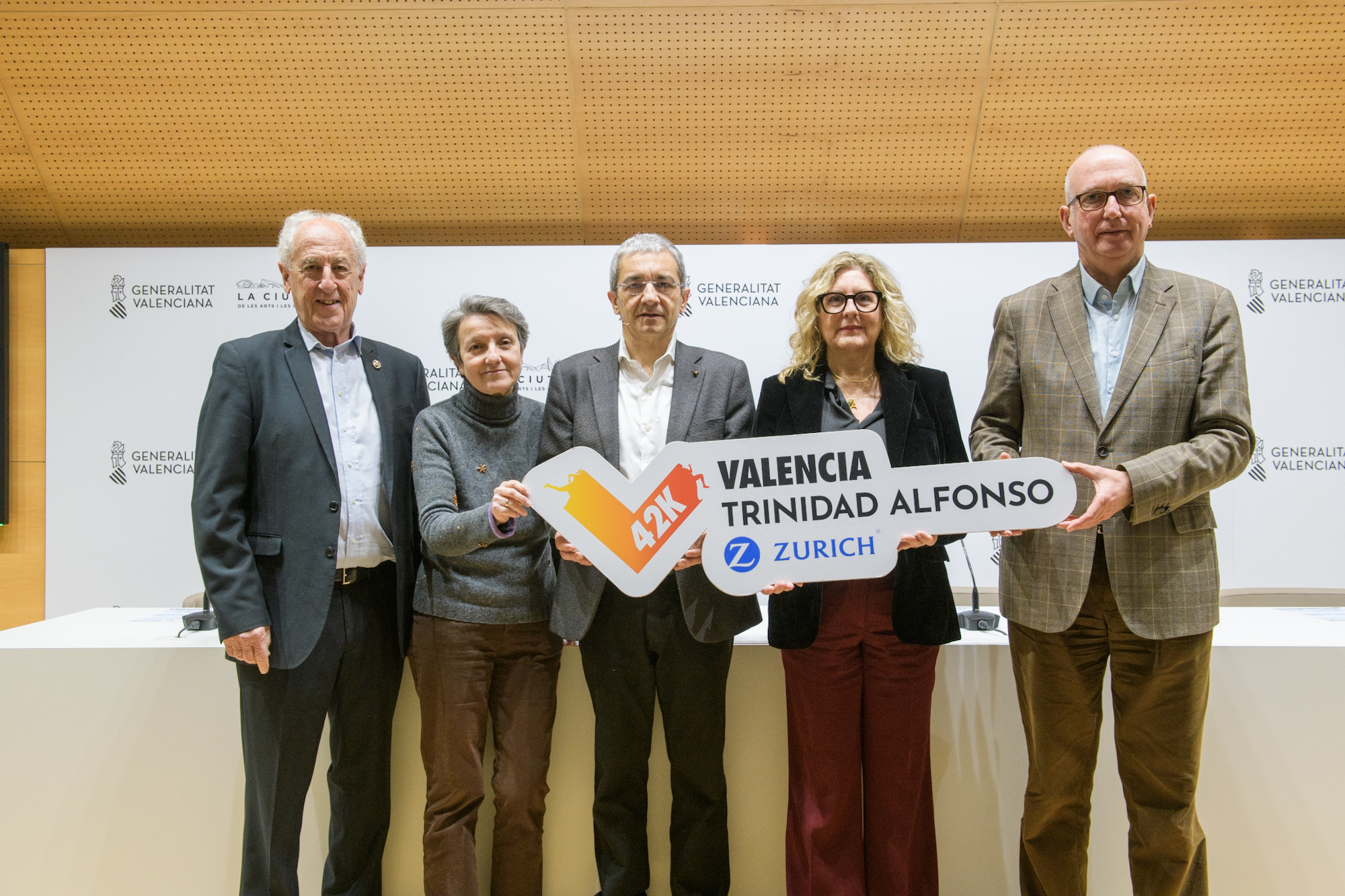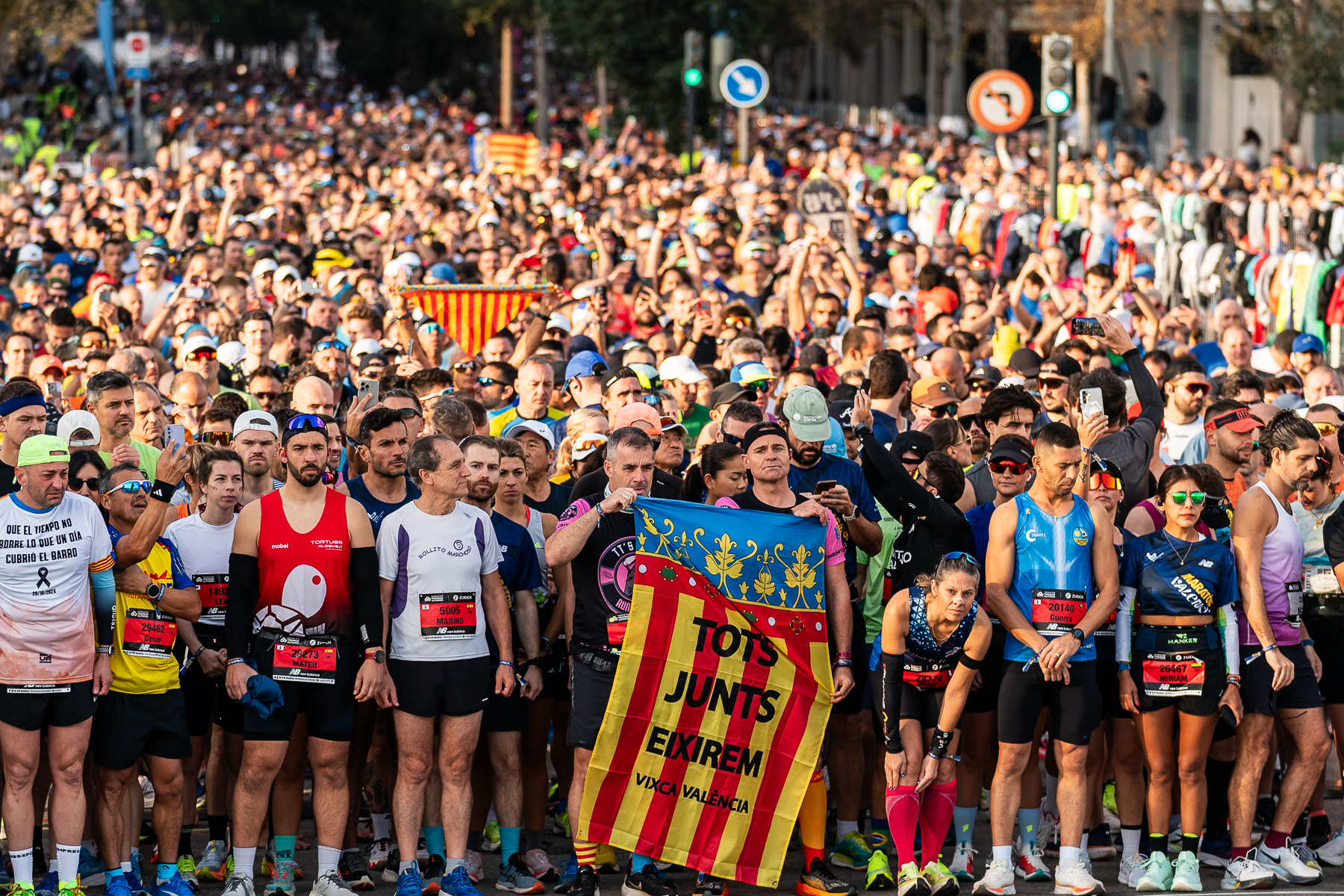UJI, Nisa hospital and Valencia Marathon study Runner Recovery
The Jaume I University, Trinidad Alfonso Foundation, Correcaminos AC and the Nisa Hospital Foundation have signed an agreement to work together on the research project for marathon running recovery. The project has been given the name, CRS (Run, Recover, Repeat, Always Safely), the aim of the study is to scientifically study physiological changes in runners at the marathon distance and how they recover from these changes. 100 runners will be selected and placed in different control groups. The runners will be selected and then tracked from one month before the Valencia Marathon on the 20th of November 2016. The study aims to analyse the changes runners go through and then identify how to help runners recover better.
The dean of the Jaume I University of Castellon, Vicent Clement; the director of projects for Trinidad Alfonso Foundation, Juan Miguel Gomez; the Director of Nisa Hospitals, Joaquín Montenegro; and the president of Correcaminos AC and organizer of the marathon, Francisco Borao, have signed an agreement to work together on the study. Furthermore, the study will be supported with a study contract from the Trinidad Alfonso Foundation headed up by Carlos Hernando, Head of the Education Department at the Jaume I University of Castellon; Carlos will also be the lead on the study. The study will use Correcaminos AC as a contact point for runners to be studied. The controls and sample collection will take place in various places including the Valencia Runners Fair and the start and finish line areas. In the sample collection and testing, staff from Nisa Sports Hospital will test; heart rates, Doppler colour, body measurements and blood/urine samples.
At the signing of the agreement, the dean of UJI, Vicent Clemente said, “many good recommendations for runners will come from this project that combines sport and medicine”. The president of Correcaminos Athletics Club, Paco Borao highlighted how important the link between medicine and marathon running is, “It’s essential that runners and medical staff have access to quality data about marathon runners to provide the correct services”. Representing the Trinidad Alfonso Foundation, Juan Miguel Gomez, commented on the importance of raising awareness in runners, “in the campaign ‘train your health’, that we started this year, we helped raise awareness in runners of how to prepare for a marathon in a better way”. In the final comments of the signing ceremony, Joaquín Montenegro, from Nisa, thanked the other parties for trusting Nisa with the collection of the samples and measurements.
CRS: Run, Recover, Repeat, Always Safely
The first aim of the CRS project is to monitor runners’ recovery after the marathon for the following 7 days and track what the runners do to aid recovery. The study will use control groups to see which types of exercise are the most effective in aiding recovery. The study should highlight what runners can do after the race to recover more quickly. This information will be relayed to runners once the study is concluded.
The study will be carried out over 18 months focussing on regular marathon runners. However, the study should also uncover advice for anybody doing sport. A secondary benefit of the study is through the publicity it gains it aims to increase general sport participation in society.
The two main lines of research are; 1)understand the physical changes that runners go through. This collection and monitoring will be compared and contrasted with previous studies carried out in the same area of research. 2) The second line of research, that is less well studied, is the recovery of marathon participants after the race, what exercises speed recovery, and how soon they are physically ready to run another long distance race.
More info and the marathon and other interesting marathon news and projects here www.maratonvalencia.com
Related news




